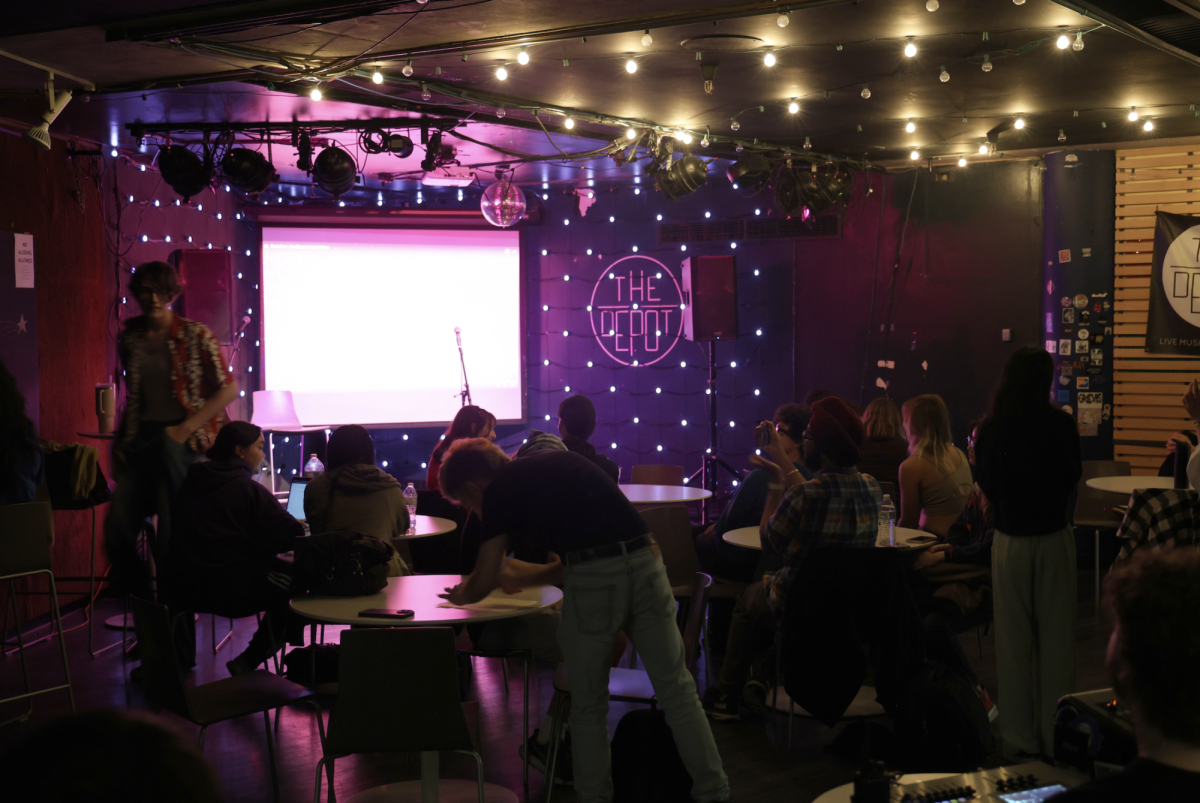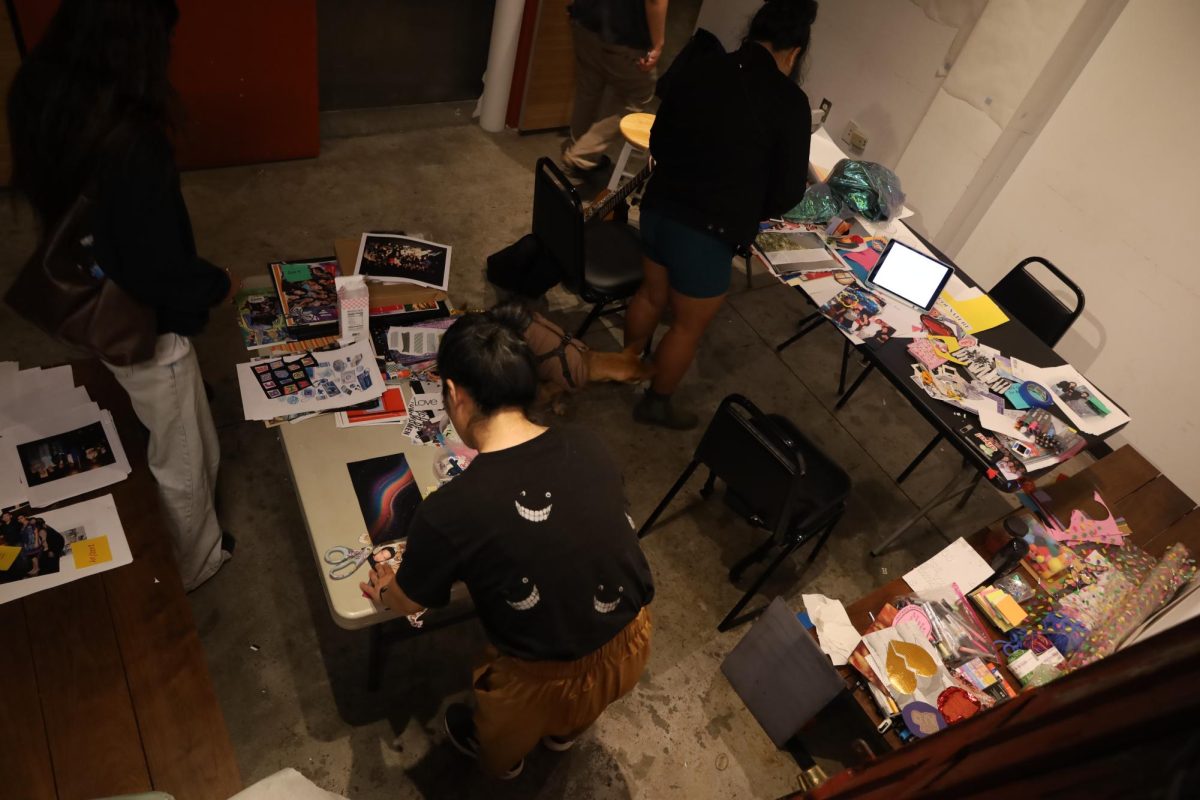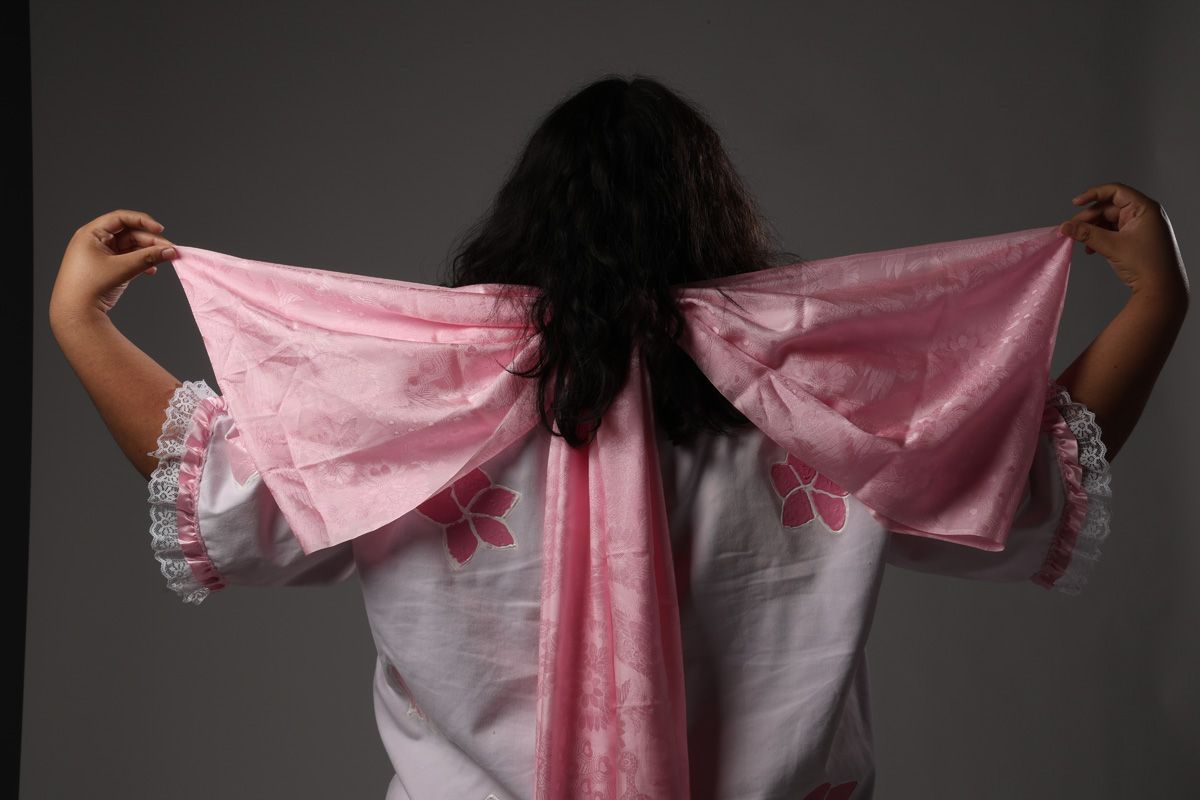Caffeine and college students are two nouns that are often associated with one another. During midterms and finals, ordering the extra cup of French Roast or nursing another mug of Earl Grey in order to get your caffeine fix is a given. But can too much caffeine produce negative affects?
Unfortunately, yes. The “Diagnostics and Statistical Manual of Mental Disorders” added “Caffeine Intoxication” to the list of disorders in its newest addition.
Symptoms of coffee intoxication include rapid irregular heartbeat, restlessness, the jitters, nervousness, stomach cramps, and muscle twitching according to the Huffington Post article “DSM-5 And Caffeine Intoxication: Could Coffee Drinking Brew a Mental Disorder”.
Too much caffeine also produces the heightening of the body’s stress response, and the interference of the body’s awareness of stress levels, according to a 2002 study from Duke Medicine.
The effect of caffeine intake and the gauge of how much caffeine is too much depends on a person’s sex and size, according to the Food and Drug Administration (FDA) 2007 report. Some doctors suggest that one hundred or two hundred milligrams of caffeine, which converts to two five ounces cups of coffee, is a healthy dose of caffeine, according to the report.
While uncomfortable and inconvenient effects to your body stem from caffeine intoxication, the likeliness of sever health effects or fatally is extremely low.
In the Wall Street Journal article, “How Much Caffeine is Too Much?” fatalities caused by too much caffeine would require an intake of over fourteen thousand milligrams of coffee, which equals one hundred and forty cups eight ounce cups in one day.
Caffeine addiction is also related to caffeine intoxication, according to the 5th edition of the Diagnostic and Statistical Manual of Mental Disorders. Lack of awareness, fatigued muscles, and intense headaches are some of the symptoms from caffeine withdrawals.
Cafe employees at SF State said there is a noticeable fluctuation of students ordering caffeinated drinks during midterms.
“Definitely during midterms we notice a lot of coffee and red bull orders,” says Cafe Rosso employee and child development majorJill Shiraki.
Shiraki, who has been employed at Caffe Rosso for two and a half years, says the students will order coffee two to three times during midterms, but the caffeinated drink with the highest rise in sales are energy drinks
“Red Bull is the top seller during midterms,” Shiraki says.
Michelle Parker, recreation parks and tourism major and five month employee at Cafe 101, says the amount of coffee order doubles during midterms.
“We’re twice as busy during midterms. You see repeat people more often, and they’ll say stuff like, ‘Midterms man, this paper is crazy!’ ”
Peets employee Jesse Reynaga says both the amount of customers and customer moods change once midterms begin.
“It’s very busy, we get a lot of angry customers,” Reynaga says.
Coffee and caffeine intake can be beneficial if, like all things, you consume it in moderation. Drinking a sixteen ounce cup of coffee, equivalent to the size medium or grande, not only keeps you from dozing off while writing a paper of sitting in class, but it also prevents Alzheimers and diabetes, according to this Huffington Post article.
Instead of backfiring yourself by overdosing with too much caffeine, and becoming too distracted to study because of shakiness, stomach cramps or anxiety, limit the caffeine intake to under six hundred milligrams a day, according to the FDA report, which equals to either three lattes, nine Coca Colas, and seven cups of tea.








